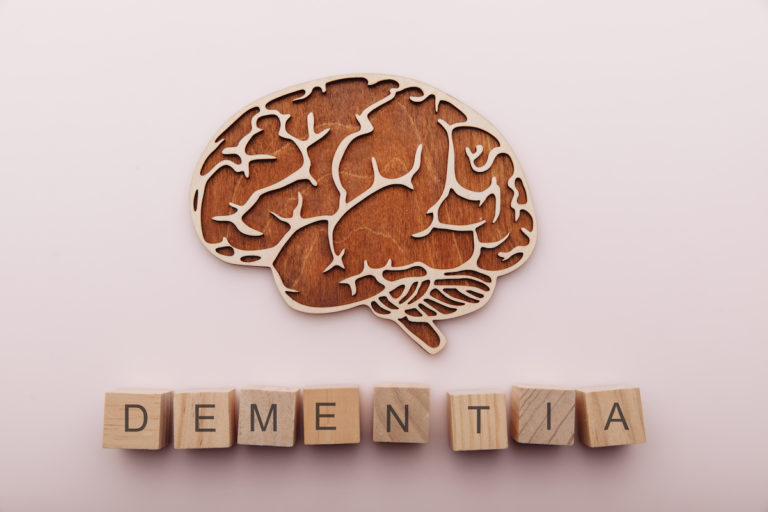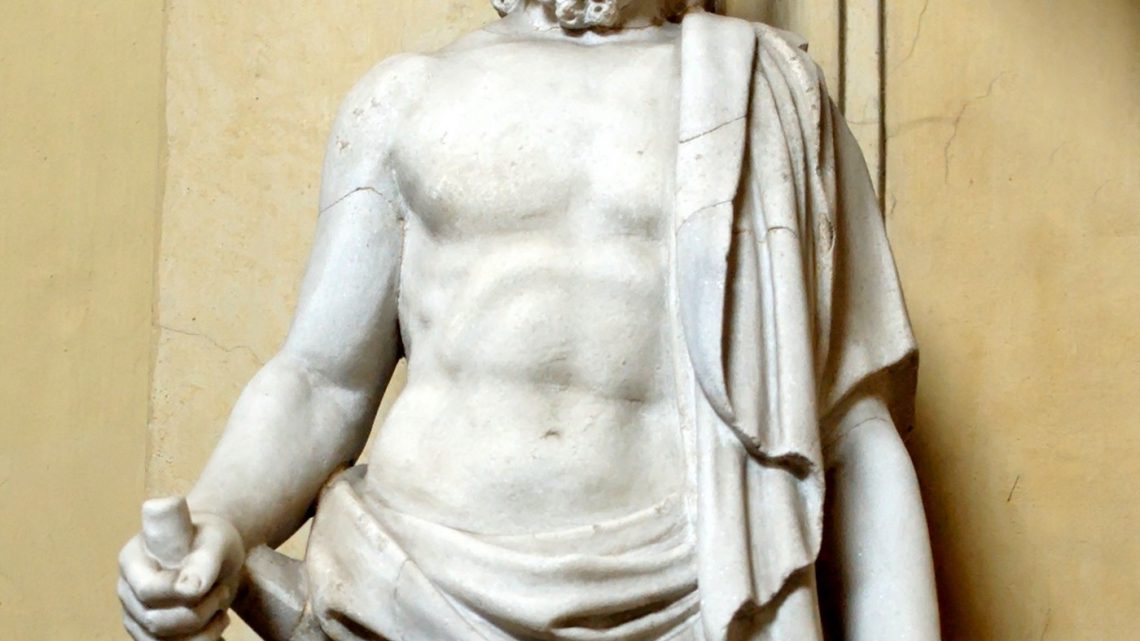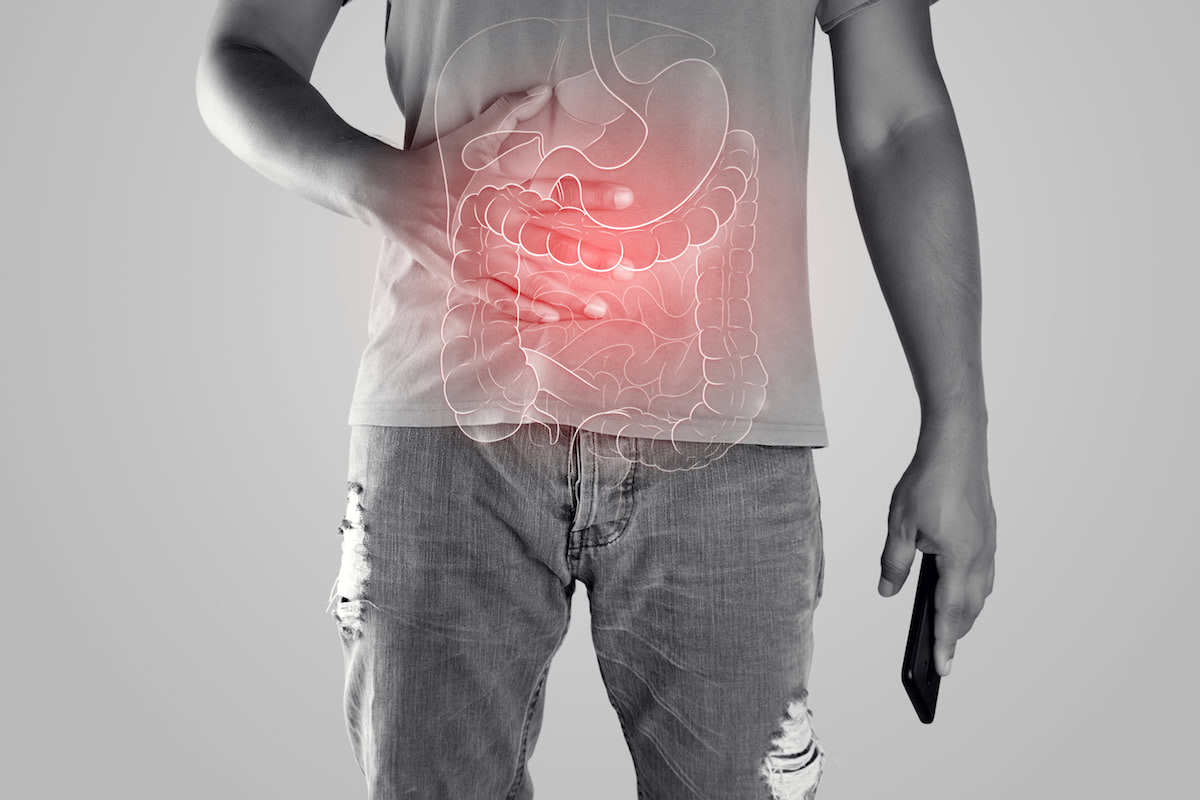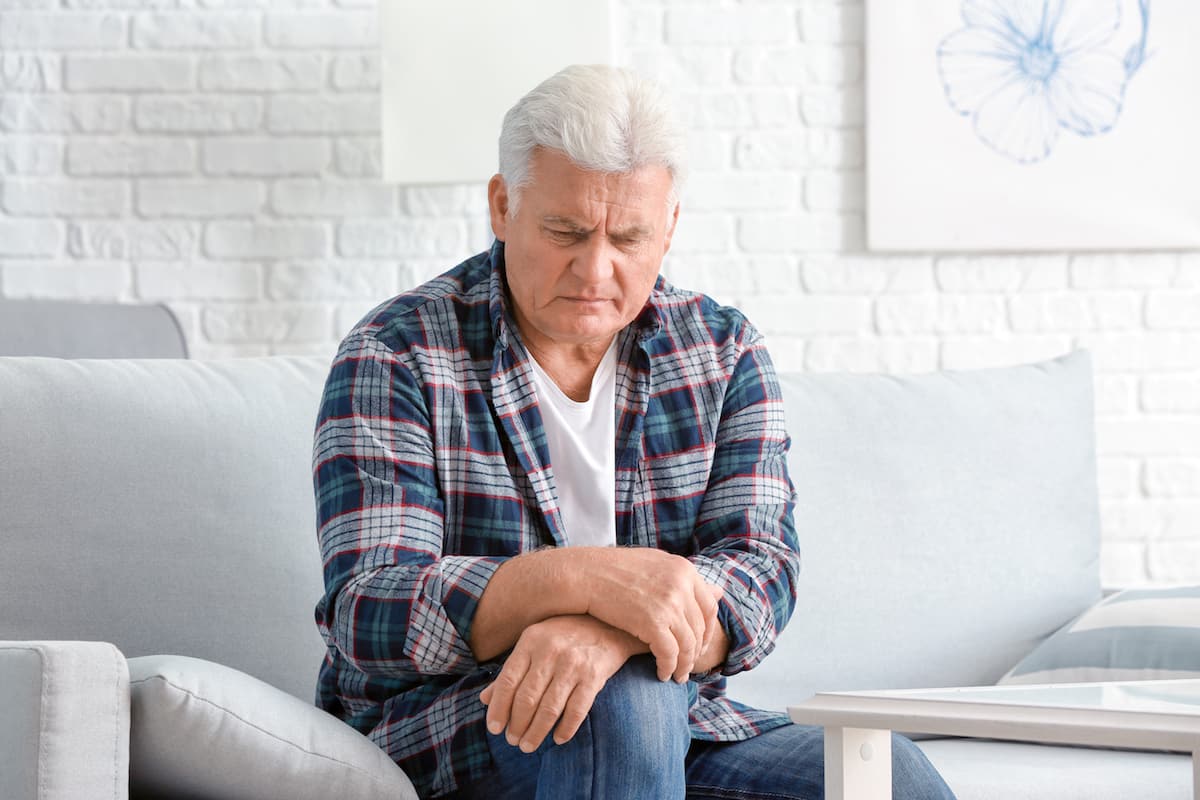Updated on 15. November 2021 from ÁYIO-Q Redaktion
Reading time: approx. 5 minutes
Scientists publish over a million articles annually in renowned specialist journals. The knowledge of modern medicine doubles every five years. With so much concentrated expertise, diseases in the population should be on the decline and disappear entirely in the not too distant future. In fact, the situation is exactly the opposite: never before have so many people been so sick as in our time.
More and more children and young people suffer from adult diabetes (Type 2 diabetes mellitus), which in previous generations was reserved for those over sixty. The situation looks even more dramatic if one compares the state of health of today with the conditions in antiquity. Why were illnesses the exception 2000 years ago and not the rule as it is today? In the following article, you will learn the secret of health in ancient Greece.
Importance of balance between body and soul
The idea of how diseases develop is completely different today than it was in the past. Our modern medicine believes that the following factors can essentially trigger diseases:
- Pathogens (bacteria, viruses, fungi, parasites)
- Changes in the genome
- Congenital or acquired disorders of the body’s own processes
With a few exceptions, no connections are made between mental health problems and the occurrence of illnesses. Doctors in ancient times had very different approaches. Most readers are sure to know the following Latin phrase:
Mens sana in corpore sano (ein gesunder Geist in einem gesunden Körper).
This sentence means that physical and mental (spiritual) health are interdependent. The significant philosopher Aristotle (384 – 322 B.C.E.) expressed this fact like this: The appearance of the body changes when our overall mental situation changes and vice versa.
Accordingly, ancient people knew that they had to strive for a healthy physical and mental state. This lifestyle, known as dietetics (Greek diaita), encompasses much more than the well-known term diet. It not only includes healthy food and pure, unpolluted drinking water.
Also body care, adequate sleep, sporting activities, work, rest and relaxation, conscious breathing, baths, massages, vocal exercises and sexuality belong to the concept of dietetics. The knowledge of these relationships was passed on by doctors in a generally understandable form, both verbally and in writing. Why did this happen?
In ancient Greece, doctors did not see themselves only as healers. Their primary goal was to empower everyone to improve their own health and that of their families. The focus was always on the single situation of the individual. Amongst other things, the recommended rules of life depended on age, gender and the economic and social situation.
The teachings of Galen of Pergamon
Around 400 years after Aristotle, the Greek doctor Galen of Pergamon added to this conceptual structure. His timelessly valid findings reveal the secret of health in ancient Greece. Galen’s most important principles include:
1. Complete health represents the normal state of a person. Illnesses are neither inherited nor caused by faulty processes in our organism.
2. Everyone is solely responsible for their physical and mental health.
3. The real causes of illness do not lie in external factors, but are due to a harmful lifestyle. So it is not “bad luck” if someone suddenly becomes seriously ill, rather a logical consequence of his lifestyle.
4. Our body has the ability to heal itself. Doctors support the self-healing powers by treating their patients in harmony with nature.
Diabetes: Widespread disease from the perspective of ancient health science
In the meantime, type 2 diabetes mellitus has assumed epidemic-like conditions. Every eleventh adult worldwide is affected. Ascending trend! Heredity, obesity, lack of exercise, impaired insulin release and so-called insulin resistance are the main causes. With the exception of the lack of exercise, doctors in antiquity would not have considered the points mentioned as possible triggers of illness, but rather as the consequences of a physical and mental imbalance.
In addition to a general change in lifestyle, treatments that raise vital energy to a higher level and strengthen self-healing powers are particularly suitable for diseases like diabetes. Needless to say, if the findings of Aristotle and Galen of Pergamon were taken into account, diseases like these would only rarely be observed.
Are there therapists who know the knowledge of ancient health teachings and how treat them accordingly?
Alternative practitioners and doctors with the additional designation of naturopathic treatment consider humans a unity of body and soul (spirit). Detoxification cures and elimination procedures are important components of naturopathic therapies. The restoration of the intestinal health also plays an essential role so that healing is possible. All of these methods represent branches of health teaching in ancient Greece.
The ÁYIO-Q Center of Vitality offers a comprehensive concept. Affiliated doctors, naturopaths and physiotherapists combine the fundamentals of the health teachings of the forefathers of our western medicine with the most modern scientific findings from brain research and quantum physics. This has resulted in valuable health programs that increase our life energy and stimulate the body’s self-healing powers.
If you want to know what your current health condition looks like, you can check your life energy yourself with a non-binding test.















